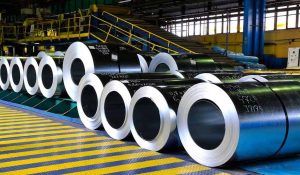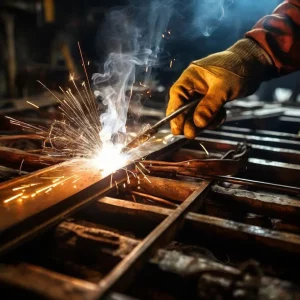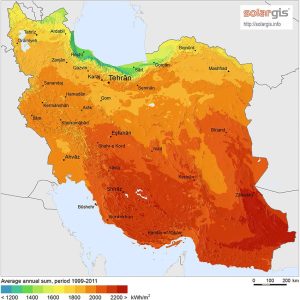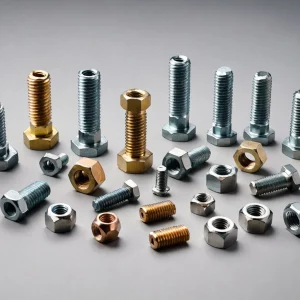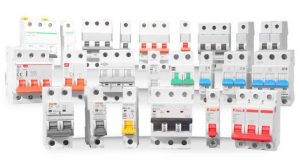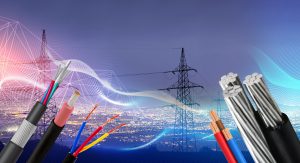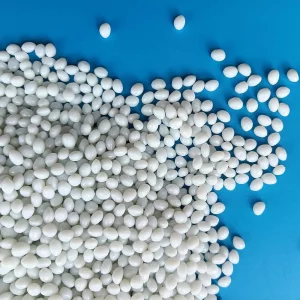EPC: Engineering, Procurement, and Construction EPC, an abbreviation for Engineering, Procurement, and Construction, is one of the common contractual models used in large-scale industrial and infrastructure projects. This contractual model is particularly prevalent in the oil and gas industries, petrochemicals, renewable energy, and civil infrastructure. In EPC contracts, the contractor is responsible for engineering […]
Steel: The Essential Material in Modern Industries and Its Production Process Introduction Steel is one of the most widely used and vital materials in various industries, particularly in construction, automotive, machinery, and advanced technologies. This alloy, primarily composed of iron and a small amount of carbon, holds a special place in […]
Introduction to Welding and Welding Electrodes Welding is one of the primary methods for permanently joining two or more metal parts, widely used in various industries such as construction, automotive, shipbuilding, oil and gas, and many others. The welding process largely depends on the type of welding electrodes used. This article delves deeper […]
Iran & global photovoltaic power potential refers to the capability of producing electrical energy through solar panels on a worldwide scale. This potential is determined by various factors that directly affect the amount of energy that can be produced by solar panels. Below, we explore these factors and provide insights into the photovoltaic potential in […]
Bolts and Nuts: A Comprehensive Guide Bolts and nuts are essential components in engineering and industry for connecting various parts. These tools are widely used across industries, including automotive, construction, and manufacturing. This article will explore the types of bolts and nuts, their applications, and their features. 1. Bolts: Types and Applications […]
Types of Fuses and Industrial Switches Introduction Fuses and industrial switches are critical components of electrical systems used to protect and control electrical currents in various circuits and equipment. Due to their significant role in maintaining the safety and efficiency of electrical systems, these devices must be produced with great care and […]
What is a Cable? A cable is an electrical device used to transmit electrical energy or data from one point to another. Cables are composed of several main components, each playing a specific role in the cable’s performance. These components include the conductor (usually made of copper or aluminum), insulation, shield (in some cables), and […]
Solar inverter Solar Inverters Introduction Inverters play a critical role in solar energy systems, acting as a bridge between solar panels and the electrical grid or load. Their primary function is to convert the direct current (DC) electricity generated by solar panels into alternating current (AC) electricity, which is the standard form of electricity used […]
Plastic Products 1. What is Plastic? Plastics are synthetic materials made from organic polymers. These materials are composed of large, repeating molecules known as monomers. Polymers are formed through a process called polymerization, where monomers bond together. Plastics are widely used in various industries due to their unique properties, such as lightness, […]


